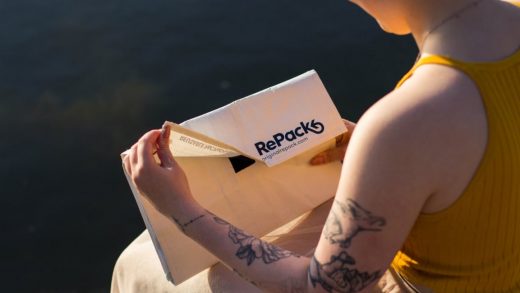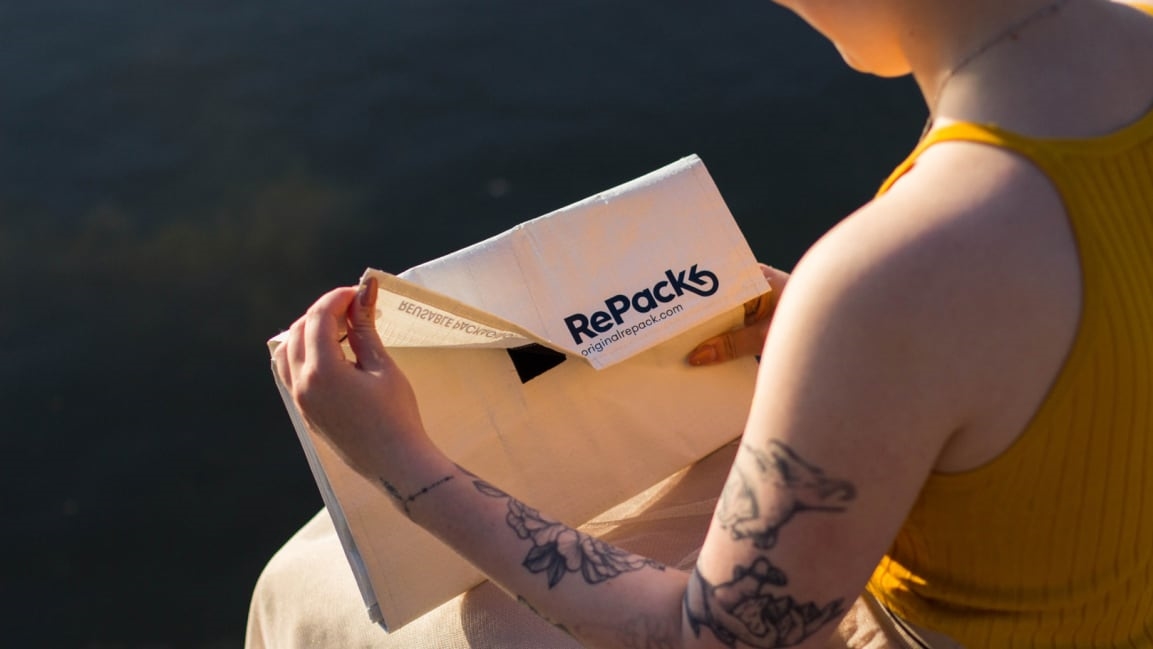This reusable packaging could help stop the massive amounts of e-commerce waste
The company is one of the first in the U.S. to work with RePack, a Finland-based packaging company that aims to begin replacing standard cardboard boxes and plastic bubble mailers. RePack’s recycled plastic mailers—made from the same tough woven polypropylene as Ikea’s reusable shopping bags—are designed to have a lower carbon footprint than a typical box or bag as soon as they’re reused once.
The impact shrinks further each time the bag goes through the system. “Even taking into consideration that that empty return path—when the RePack’s folded up and mailed back to us, and the carbon that it takes for that post truck post office truck to take it back—it’s still a huge win over single-use in terms of carbon emissions,” says Mitch Barlas, the company’s president for North America. The system also helps keep old packages out of landfills.
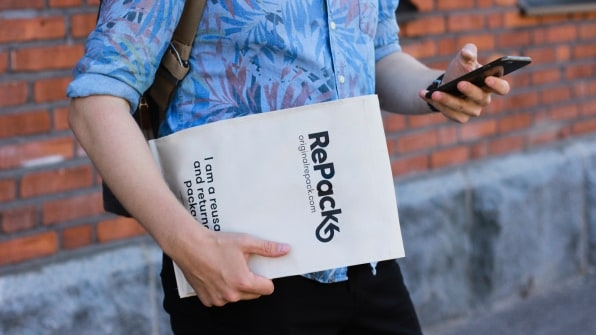
In Europe, the company has run pilots with large brands like H&M, and now works with 125 companies, with hundreds of thousands of its packages in circulation. In the U.S., where it launched this year, it’s in talks with brands like the North Face and Vans, with several pilots in planning with other companies. Levi’s recently partnered with the Danish brand Ganni to launch a capsule collection that rents out upcycled denim clothing via the new packaging.
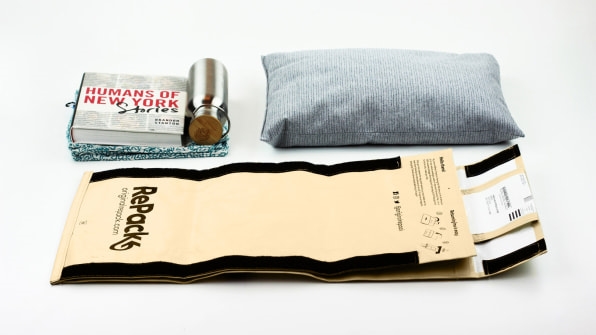
The first package, best suited for clothing companies, is waterproof and durable. Customers can also use it to return an order. If they keep the clothing, the package goes back to RePack, which cleans and sanitizes it before sending bundles of reused packages back to a distribution center for the next round of reuse. (While customers don’t pay a deposit on the package, RePack has partnered with companies that have strong sustainability missions, and it expects that those customers will be motivated to take the extra step to drop the package in the mail.) When the packages eventually wear out, the company uses scraps of the material to make upcycled products like reusable shopping bags.
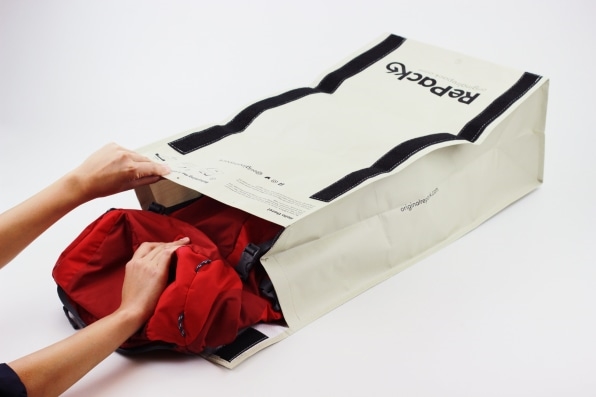
This packaging-as-a-service system is a little more expensive than traditional single-use packaging, although, as Barlas points out, the costs of conventional boxes and bags don’t account for their actual environmental cost. If cities or states eventually decide to start charging companies an extra fee for the trash they create—the type of “producer pays” laws that exist in the European Union—the cost could become comparable. For now, brands can either decide to incorporate the extra cost into their pricing, or, like Eliou, offer consumers the choice to pay a little extra for the packaging (in Eliou’s case, it’s a $3 charge for a brand that sells $100 sweaters).
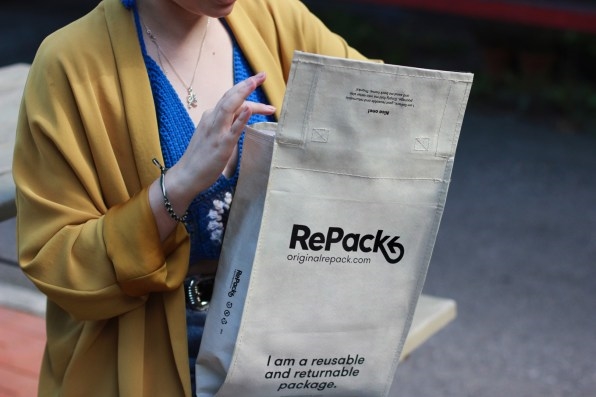
Barlas believes that the packaging will become more mainstream as awareness of sustainability issues continues to grow. “We were all just having that conversation about what the tipping point for this particular technology will be,” he says. “It’s going to be somewhere at the convergence of people realizing they need to switch their behavior somehow and when people realize that reusable does take a small behavior change, but in the long run, it’s quite small. I mean, it’s almost imperceptible to fold up your packaging and flip out the label and leave it for your [postal carrier].”
(29)

